Lipids or fats can shoo dengue-carrying mosquitoes away. Research shows that Aedes aegypti transmits the dengue virus. Infecting this species of mosquitoes reduces their viral transmission. Places with endemic dengue cases receive Wolbachia-infected mosquitoes to control the spread of infection. Scientists are trying to extend their mosquito control efforts away from biocontrol.
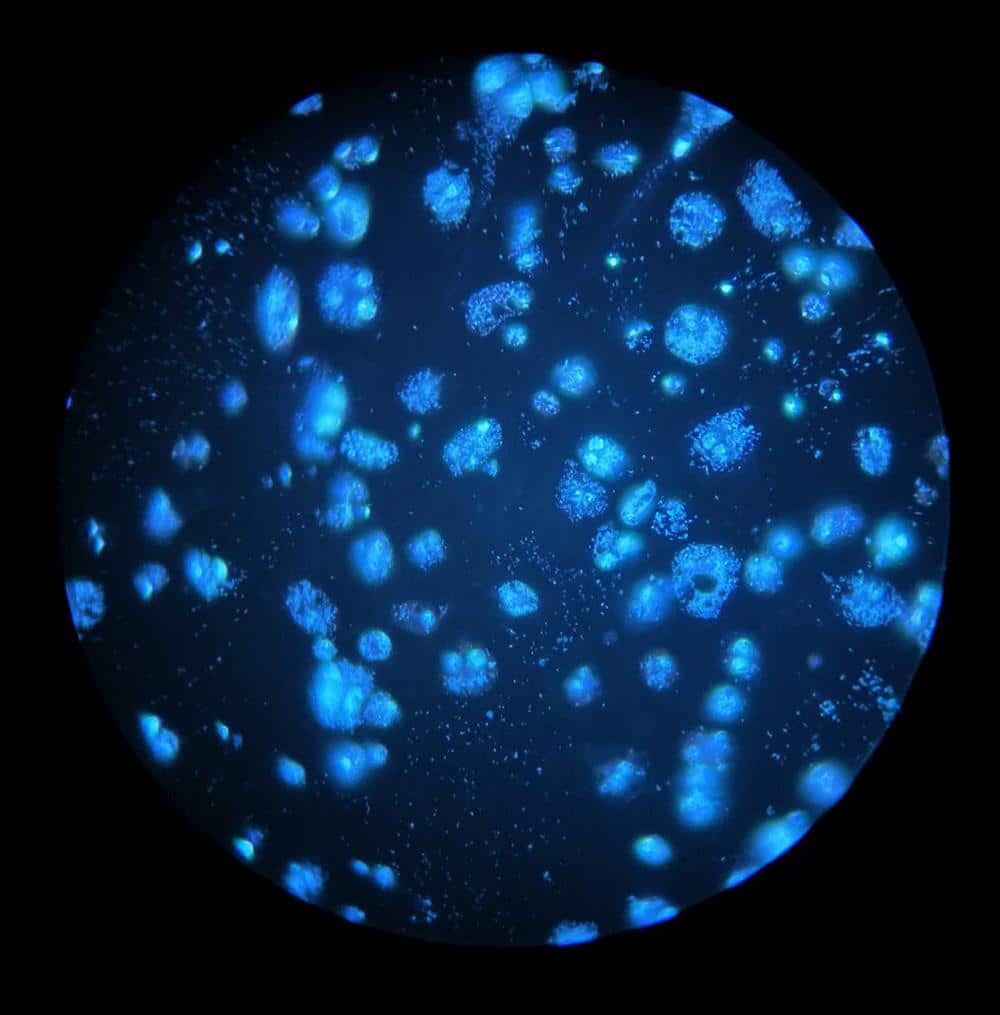
Excess Lipids
Scientists discovered that Wolbachia gathers at the endoplasmic reticulum or ER through confocal and electron microscopy. It is stressed that the ER produces molecules active in lipid droplet synthesis. Research shows that dengue and Wolbachia depend on lipid metabolism. After several trials, the scientists discovered that Wolbachia-infected cells have more lipid collection.
Another study resulted in the first reconstruction of this mosquito’s sphingolipid pathway. It resulted in the identification of biochemical choke points. Once targeted, these points can disrupt these mosquitoes’ pathogen transmission.
Lipids Influencing Dengue Virus
A team of scientists explored the possibility of lipid droplet production enhancing the dengue virus replication. They treated both Wolbachia-free and Wolbachia-infected cells using an inhibitor. The inhibitor blocks fatty acid synthase, an enzyme active in lipid droplet production. Fatty acid synthase lowered the amount of lipid droplets in both types of cells.
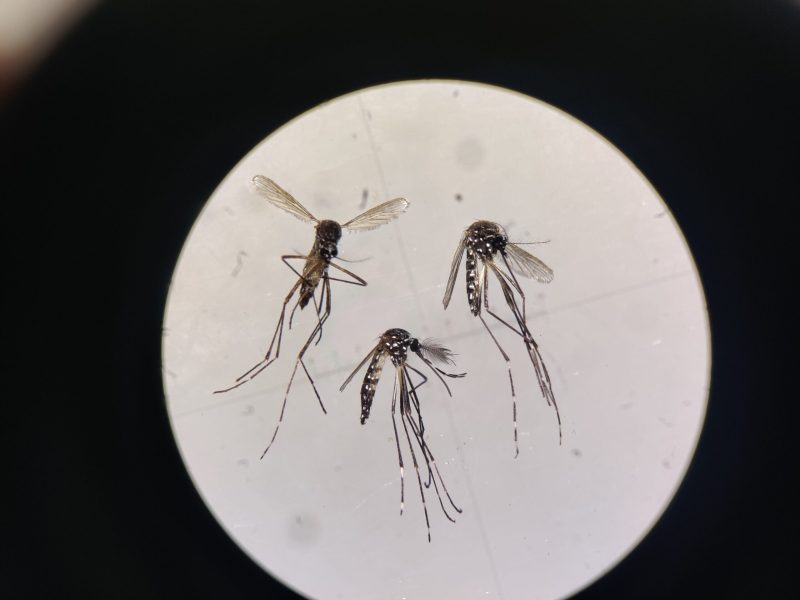
But there’s an unexpected effect. The enzyme inhibited the replication of the dengue virus in the Wolbachia-free cells. But it triggered virus replication in antiviral Wolbachia-infected cells. These results show that antiviral activity resulted from excess lipid droplet production.
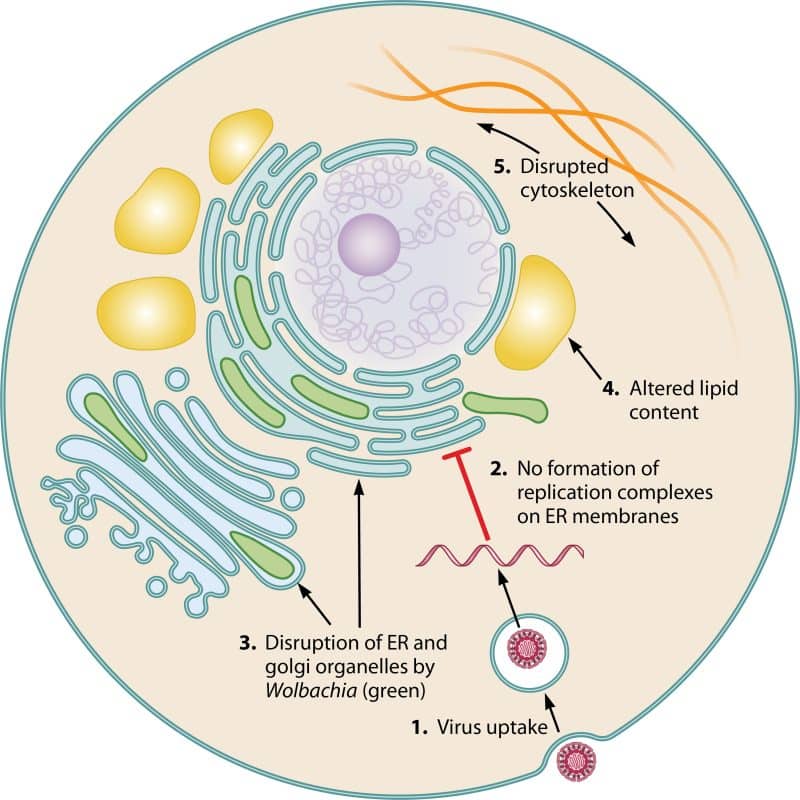
What About Ancient Animal Fats?
Many historical accounts state that Native American tribes used smelly animal fats to repel mosquitoes. Scientists from New Mexico State University and Rice University tested the mosquito-repellent properties of rancid and fresh oils from cod fish, alligators, bears, hogs, and sharks. The primary results showed that some of these oils can repel mosquitoes.
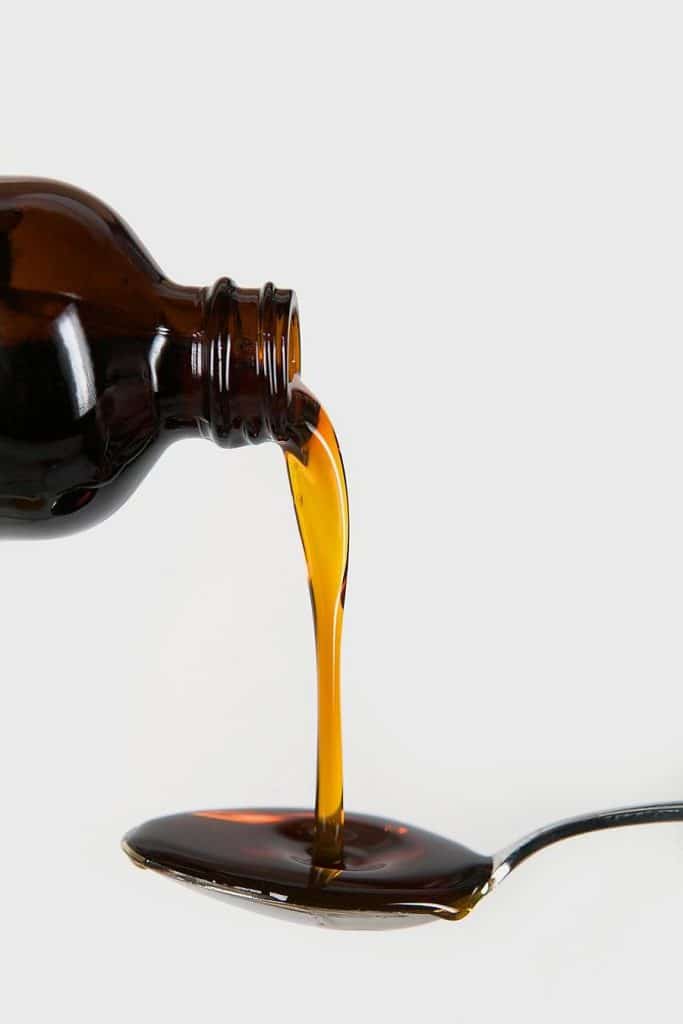
Rancidity is an important factor. Studies show that fresh oils and fats are almost odorless because they have triglycerides (long-chain fatty acids). Exposing lipids to heat, sunlight, and oxygen makes them rancid. These elements break the long chains down into more volatile, much smaller molecules. The speed of getting rancid fats can be quick or slow, depending on the type of oils and lipids.
One trial showed that some of the oils did not become rancid. Alligator and cod fat became extremely rancid. Testing the oils for repellency resulted in unexpected results. Alligator and cod oils can repel mosquitoes for about an hour. Scientists have found out that there is more than one active ingredient in these lipids that repels mosquitoes.
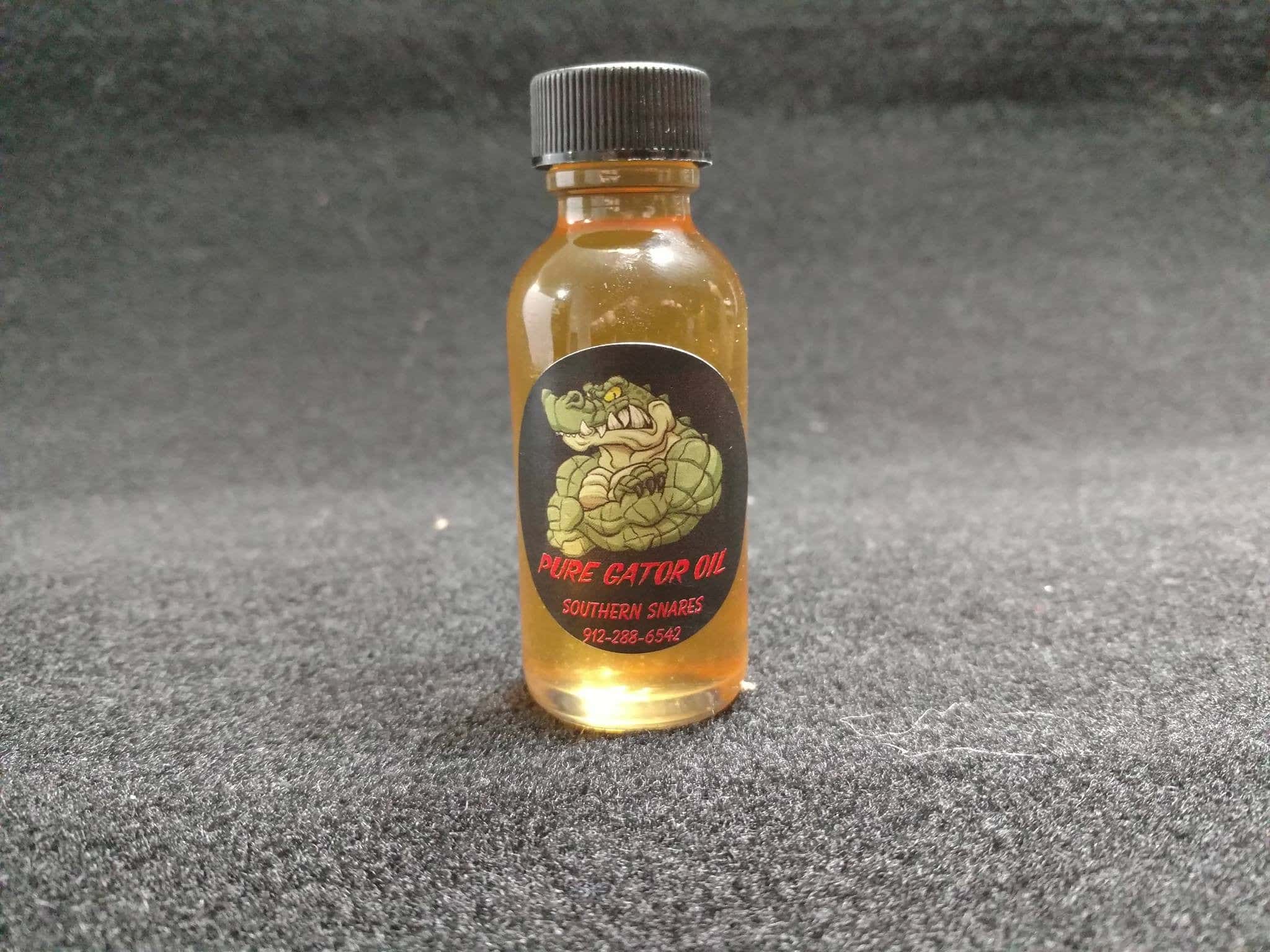
Accounts From Native Americans
Expeditioners who visited the New World described how the Native American tribes protected themselves from mosquito bites. French and Spanish expeditioners back in the 1500s and 1600s stated that the mosquitoes were in large populations during the Narváez expedition. The survivors were shipwrecked along the coast of what is now Texas. They said that the mosquitos there were deadly. The insects were even deadlier for people who had little clothing. The following are some of the mosquito repelling methods the natives in the Gulf Coast used aside from applying animal fat:
- Setting grass fires that create smoke to repel mosquitoes
- Using smoke to destroy mosquito breeding areas
- Building elevated shelters so that wind can deter mosquitoes
Lipid repellents from Wolbachia or higher animals can help repel mosquitoes. This substance can protect from mosquito bites at the microscopic or macroscopic levels. Native Americans have proven this by using crocodile and cod oils as repellents. Scientists are looking for more effective protective methods against mosquitoes because of the insecticide resistance mosquitoes are developing.